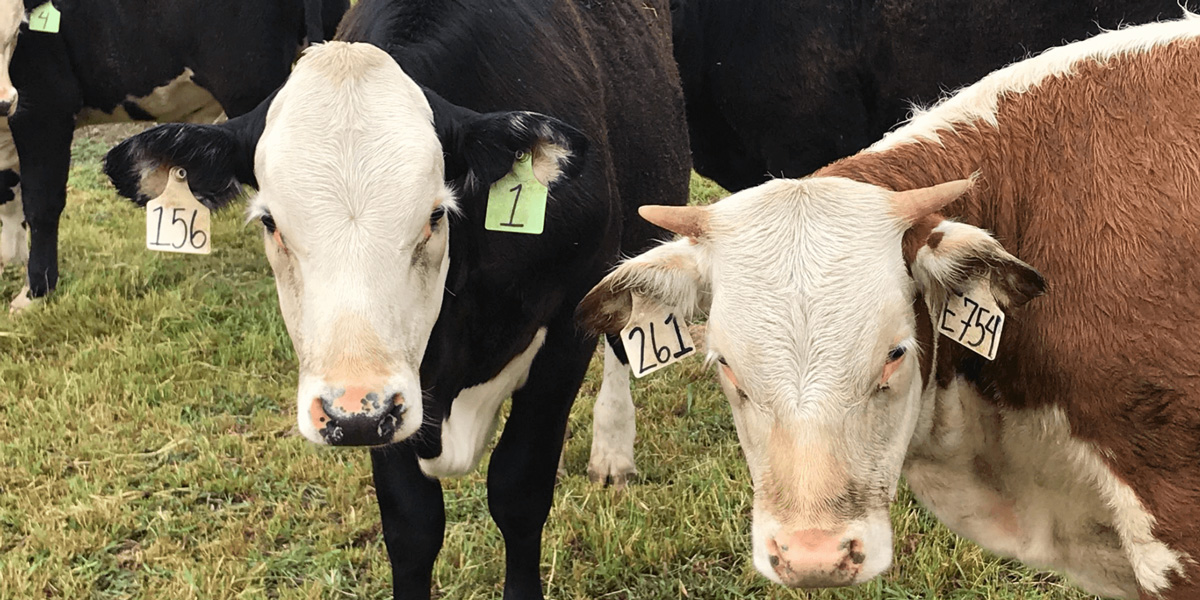The European Food Safety Authority (EFSA) sees no new risks from the use of new genetic engineering techniques on animals. Its draft scientific opinion is available for comment until 19 March. Testbiotech has criticised the “wrong approach”.
In its 86-page draft on “synthetic biology (SynBio) and new genomic techniques (NGTs) applied to current or near-market animals” EFSA’s GMO Panel makes a similar argument as on plants. It claims that “no new risks to humans, animals, or the environment” arise so long as only existing genes are changed and no foreign genetic material is introduced. Any off-target effects are comparable to the outcomes of conventional breeding, according to the EFSA Panel.
Testbiotech has criticised the draft: “NGT applications in animals are likely to involve both specific risks and additional animal suffering in comparison to conventional animal breeding,” the organisation states in a press release. While plants can have a relatively high tolerance threshold for mutations, this does not apply to animals where small changes could trigger serious diseases such as cancer, according to Testbiotech.
For more information, see Informationsdienst Gentechnik






